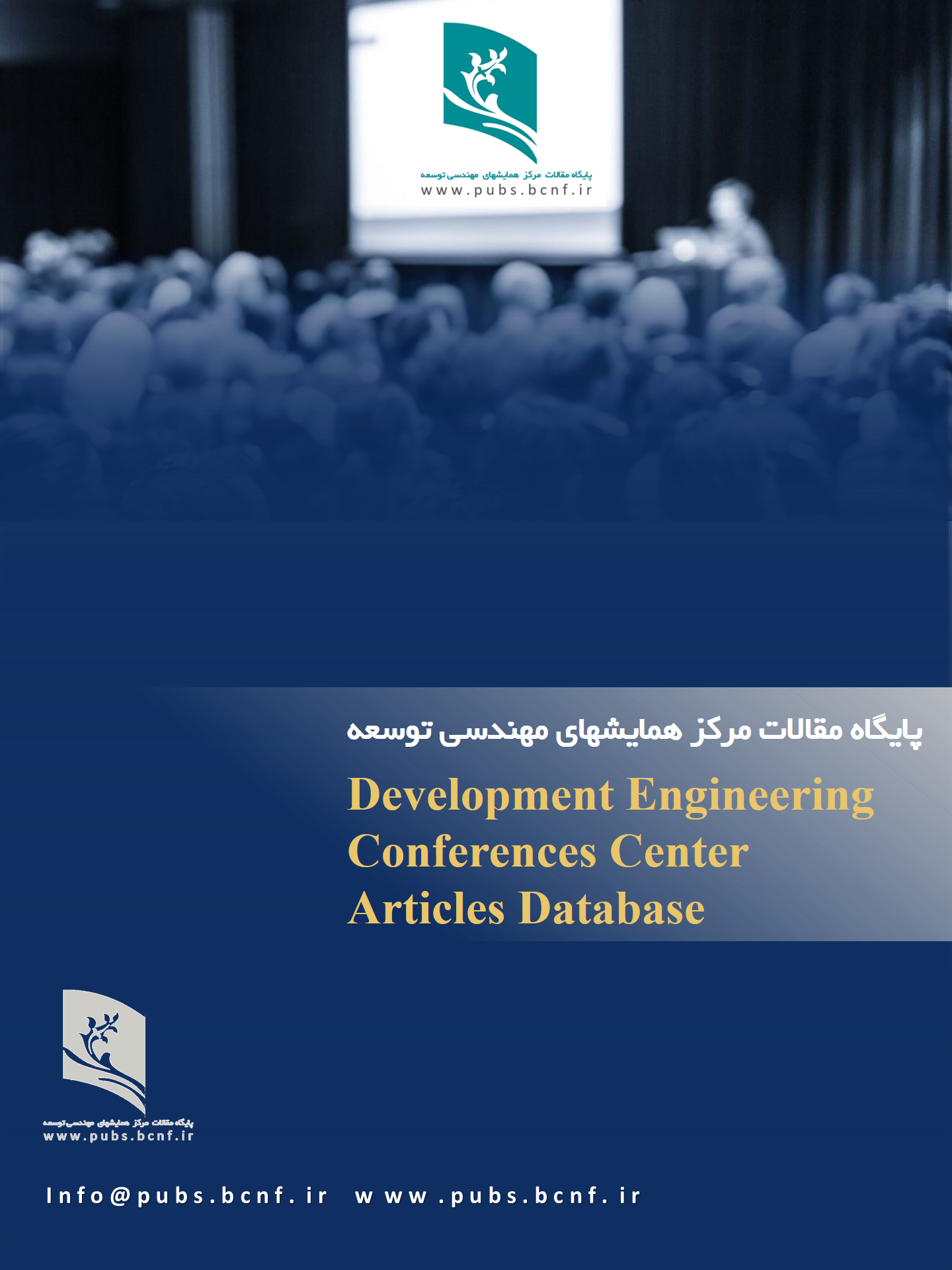The Effects of Beta-Alanine Supplementation and High-Intensity Interval Training on Cardiovascular Parameters, Fatigue, and Anxiety in Male Basketball Players Over 35 Years Old
Keywords:
Beta Alanine, HIIT, Fatigue and AnxietyAbstract
This present study investigated beta-alanine supplementation and HIIT on cardiovascular parameters and fatigue and anxiety indices in basketball players over 35 years of age. A total of 36 athletes divided into three groups: one group received placebo with HIIT, one group received beta-alanine with HIIT, and one group received beta-alanine without exercise. Measured parameters included heart rate variability, fatigue index, and anxiety index. Based on the results obtained, it has been observed that the combination of beta alanine with HIIT has positively influenced the improvement in performance, reduction of fatigue, and anxiety in this age group.
Downloads
References
[1] Buchheit, M. (2014). Monitoring training status with HR measures: Do all roads lead to Rome? Frontiers in Physiology, 5, 1-12. https://doi.org/10.3389/fphys.2014.00073
[2] Burgomaster, K. A., Hughes, S. C., Heigenhauser, G. J. F., & Gibala, M. J. (2008). Six sessions of sprint interval training increases muscle oxidative potential and improves performance in trained cyclists. Journal of Applied Physiology, 106(3), 1089-1096. https://doi.org/10.1152/japplphysiol.01230.2008
[3] Cermak, N. M., Res, P. T., de Groot, P. C., & van Loon, L. J. C. (2012). Carbohydrate supplementation improves performance during a 1-h running race. *Medicine and Science in Sports and Exercise*, 44(2), 225-231. https://doi.org/10.1249/MSS.0b013e31822c4c2b
[4] Gibala, M. J., Little, J. P., MacDonald, M. J., & Hawley, J. A. (2012). Physiological adaptations to low-volume, high-intensity interval training in health and disease. Journal of Physiology, 590(5), 1077-1084. https://doi.org/10.1113/jphysiol.2011.224725
[5] Hobson, R. M., McNaughton, L. R., & McGawley, K. (2012). Effects of beta-alanine supplementation on performance: A meta-analysis. Amino Acids, 43(1), 25-37. https://doi.org/10.1007/s00726-011-1200-8
[6] Laursen, P. B., & Jenkins, D. G. (2002). The scientific basis for high-intensity interval training: Optimizing training programs and maximizing performance in highly trained endurance athletes. Sports Medicine, 32(1), 53-73. https://doi.org/10.2165/00007256-200232010-00004
[7] McGee, S. L., & Hargreaves, M. (2010). Skeletal muscle adaptation to exercise training. Nature Reviews Endocrinology, 6(5), 275-284. https://doi.org/10.1038/nrendo.2010.36
[8] Smith, R. J., & Smith, M. (2015). The effects of high-intensity interval training on cardiovascular and metabolic health. Sports Medicine, 45(8), 1137-1150. https://doi.org/10.1007/s40279-015-0360-5
[9] Stout, J. R., Cramer, J. T., & Mielke, M. (2008). Effects of beta-alanine supplementation on performance and body composition in collegiate wrestlers. Journal of Strength and Conditioning Research, 22(3), 1037-1046. https://doi.org/10.1519/JSC.0b013e31816b1b4e



